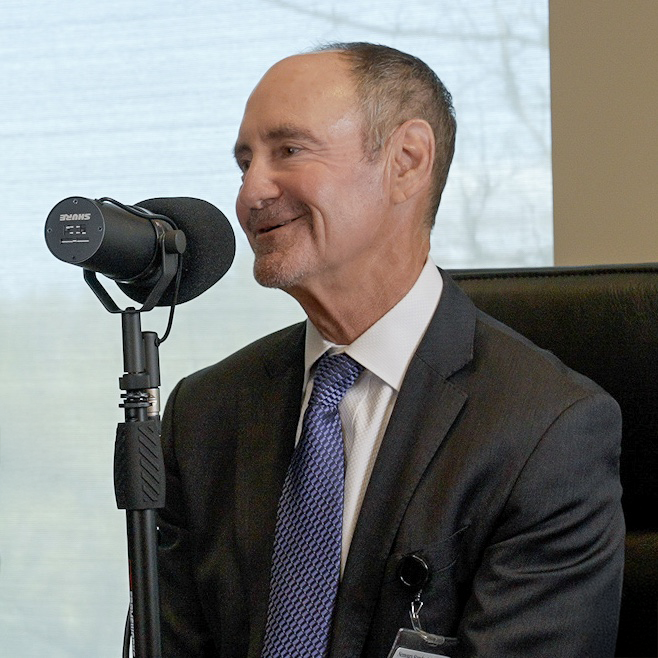Where Tech Meets Trust: Redefining Global Health Care Access with PERSOWN

The United Nations and World Health Organization have long recognized health as a fundamental human right. Yet barriers to care persist — not only in the United States, but around the world. PERSOWN Connect is introducing a bold new care model designed to help break down those barriers. Its innovative platform empowers underserved communities by […]
Storms, Fires and Futures: Keeping Kids Safe in Disasters

Hurricanes, wildfires, power outages — disasters can strike anytime, anywhere. But how do they affect children’s health, and how can we better prepare? This episode looks at disaster response through a pediatric lens to highlight the unique risks kids face and the steps we can take to protect them. We hear from Dr. Cindy Calderon […]
More Than a Checkup: Integrating Mental Health into Primary Care

Mental health is an essential part of overall health – and pediatric primary care providers are increasingly serving on the front lines. With one in five children facing a diagnosable mental health disorder and rates of anxiety and depression on the rise, the routine pediatric well visit has become a critical opportunity for early identification, […]
When Parents Seek Help: How Stigma Affects the Whole Family

When a parent is recovering from a substance use disorder, stigma can impact the entire family – including the children. This episode explores how that stigma affects children and what physicians and others can do to promote a more compassionate approach in pediatric health care. Guests: Andrew Terranella, MD, MPH, FAAP, Medical Epidemiologist, Division of Overdose […]
Breaking Barriers, Building Better Health: PurpLE Health Foundation

Dr. Anita Ravi, President, CEO and Founder of PurpLE Health Foundation, shares how the organization provides free, trauma-informed health and mental health care to children and adults affected by violence, including human trafficking and sexual assault. PurpLE Health Foundation also uses data to identify best practices and trains other providers to better care for populations […]
The State of Health Care Cybersecurity

In 2024, an estimated 186 million health care records were breached across the U.S. Jen Waltz and Rob Courtney, both cybersecurity experts, share an update on the state of health care cybersecurity, outline actions being taken by regulators and providers, and offer tips to help protect private health information. Guests: Rob Courtney, Healthcare CTO, CarahsoftJennifer Waltz, […]
Whole Child Health with Dr. Larry Moss

According to Larry Moss, MD, FACS, FAAP, President and CEO of Nemours Children’s Health, delivering on Whole Child Health is the next step toward creating the healthiest generations of children. This approach emphasizes accountability for every child’s health — not just for those in geographic areas served by Nemours Children’s and not just for kids […]
Wired for Survival: How Trauma Shapes the Brain

According to the American Psychological Association, trauma is an emotional response to a terrible event: experiencing or witnessing violence, neglect or abuse, just to name a few. Trauma comes in varied sizes and shapes and affects just about everyone. But what happens when our children experience traumas? We discuss childhood trauma and trauma-informed care with […]
Strengthening Caregiver Networks

Project ECHO is a virtual training and mentorship model that connects health care specialists across disciplines to share knowledge and recommendations. Originally created to expand access to specialty care in underserved areas, it connects a hub of experts with community-based providers, empowering them with the knowledge and support needed to serve their communities. This model […]
Text for Help: Exploring Crisis Text Line

Texting during a crisis has become a modern lifeline for millions, providing immediate support when it’s needed most, especially for young people. Crisis Text Line provides a free, confidential, and discreet service, offering assistance to anyone experiencing a mental health crisis. Whether through text, SMS, web chat or WhatsApp, trained counselors are on-hand 24/7, year-round, […]






